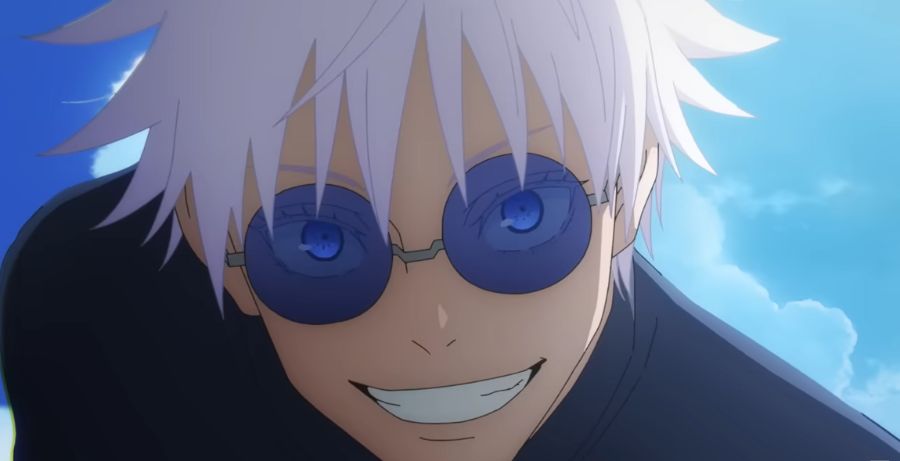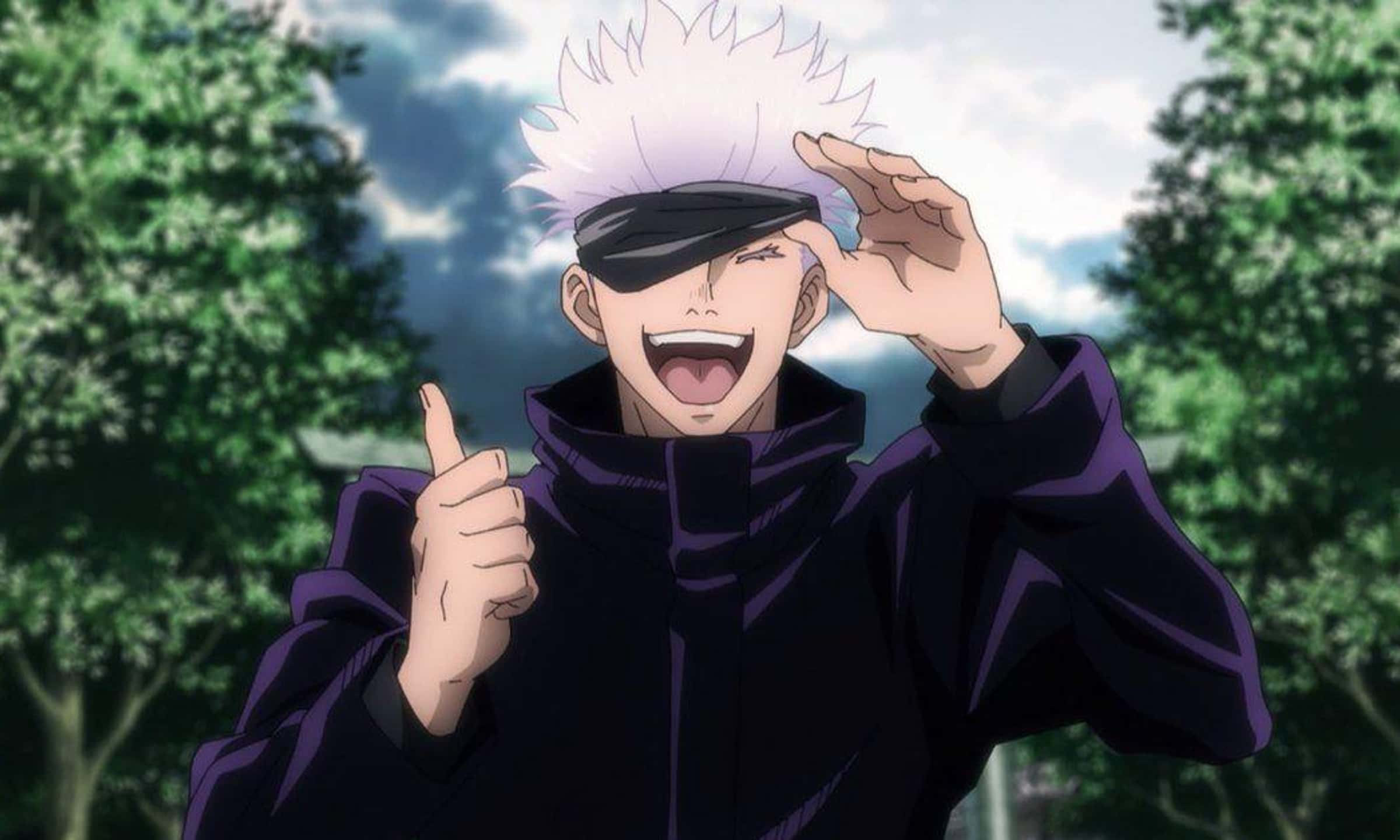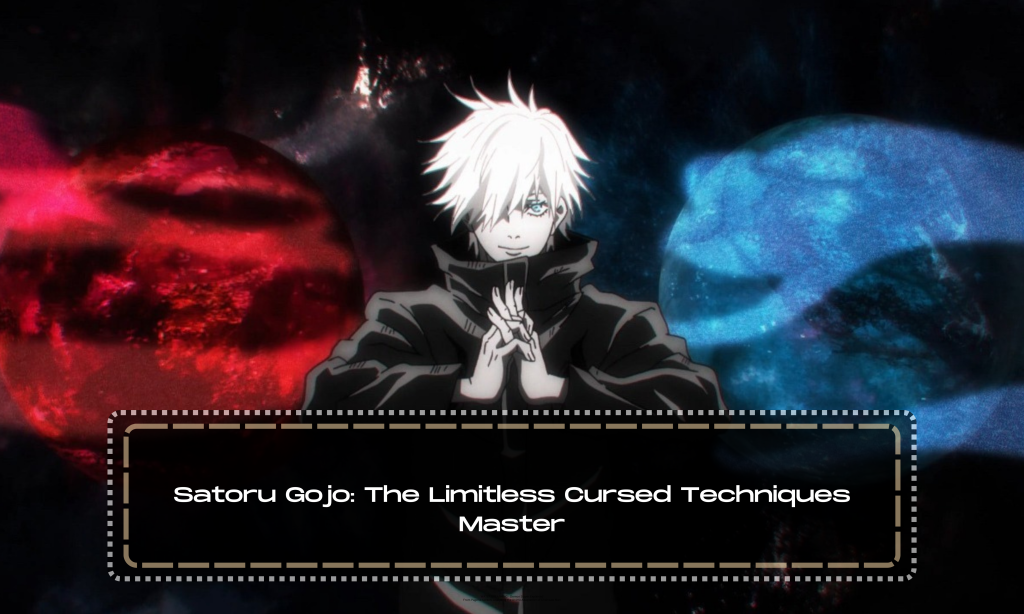Satoru Gojo: The Limitless Cursed Techniques Master

In the realm of Jujutsu Kaisen, where curses lurk in the shadows and supernatural battles rage, there exists a character who stands out not just for his formidable strength but for his charisma, wit, and a certain insufferable charm. That character is none other than Satoru Gojo, the enigmatic teacher and sorcerer extraordinaire. Join me as we embark on a hilarious and enlightening journey into the world of Satoru Gojo, exploring his unmatched prowess, his eccentric personality, and the inescapable gravitational force that makes him the shining star of Jujutsu Kaisen.
Introduction: The Allure of Satoru Gojo
Before we dive headfirst into the world of Jujutsu Kaisen and its electrifying characters, let’s take a moment to appreciate the sheer magnetism of Satoru Gojo. From his very first appearance, it’s clear that Gojo is not your typical sensei. His disarming smile, penchant for blindfolds, and an ego the size of a jumbo jet make him an irresistible enigma.
Chapter 1: The All-Powerful Sorcerer
Satoru Gojo’s prowess in cursed techniques is nothing short of mind-blowing. As a master of the Limitless Cursed Technique, he can manipulate space and matter at will, rendering his enemies helpless before him. Let’s dive into the nitty-gritty of his abilities and why he’s considered a walking, talking, (and blindfolded) force of nature.
Chapter 2: The Irksome Nonchalance
One of the most endearing (or infuriating, depending on your perspective) aspects of Gojo is his nonchalant attitude. He strolls through life as if it were a walk in the park, utterly unconcerned with the mayhem around him. We’ll explore the comedic goldmine that is Gojo’s lackadaisical demeanor and the chaos it inevitably causes.
Chapter 3: Gojo’s Unwavering Confidence

Confidence is key, and Gojo holds the master keyring. His unwavering belief in his abilities and his propensity to call himself “the strongest” would be insufferable if it weren’t so darn entertaining. We’ll dissect his unshakable self-assuredness and the eye-rolls it incites from his fellow sorcerers.
Chapter 4: The Complex Mentor
As a teacher and mentor, Gojo is a puzzle wrapped in an enigma. His unorthodox methods, unconventional training techniques, and knack for pushing his students’ buttons are both baffling and oddly endearing. We’ll take a closer look at his interactions with Yuji, Megumi, and the rest of the Jujutsu High crew.
Chapter 5: The Shrouded Past
Despite his cavalier attitude, Gojo’s past remains a shrouded mystery. What drove him to become the unapologetic powerhouse he is today? We’ll delve into the tantalizing hints dropped throughout the series and speculate wildly about his enigmatic backstory.
Chapter 6: Gojo’s Impact on the Jujutsu Kaisen Universe

It’s not just the audience who’s entranced by Satoru Gojo; the characters in the Jujutsu Kaisen universe can’t seem to escape his orbit either. We’ll explore the ripple effect he has on the story, the other sorcerers, and the curses themselves.
Chapter 7: The Fan Adoration
A character as electrifying as Gojo naturally attracts a dedicated fanbase. We’ll take a side trip into the world of Jujutsu Kaisen fandom, where Gojo’s memes, fan art, and endless quotable lines reign supreme.
Conclusion: Gojo’s Unmatched Charisma
As we conclude our rollercoaster journey through the universe of Satoru Gojo, it’s clear that he’s more than just a powerful sorcerer. He’s a charismatic, eccentric, and utterly captivating character who injects a healthy dose of humor and absurdity into the often dark and perilous world of Jujutsu Kaisen. Whether he’s decimating curses with a flick of his finger or trolling his fellow sorcerers, Gojo’s presence is an irresistible force that keeps us coming back for more. Blindfold or not, he’s the Limitless Cursed Techniques Master we can’t help but adore.
That’s me, Andreea Blaga, author of the blog anime-everything.com. I work as a content creator in the US. I am also passionate about Japanese Anime.


Related post
The Intricate Time-Travel Mechanics in Link Click
The concept of time travel has intrigued humanity for centuries, and few stories explore this...
Jan
The Art of Magic Exploring the Stunning Visuals in Witch Hat Atelier
The Art of Magic: Exploring the Stunning Visuals in Witch Hat Atelier Witch Hat Atelier,...
Jan
The Art Style of Solo Leveling: A Visual Feast for Readers
On this pageSatoru Gojo: The Limitless Cursed Techniques MasterIntroduction: The Allure of Satoru GojoChapter 1:...
Oct
Why JJBA is the Most Bizarre Anime Ever Made
When discussing iconic anime series, one title that consistently stands out is “JoJo’s Bizarre Adventure,”...
Oct
The Impact of Wind Breaker on the Sports Anime Genre
The sports anime genre has seen numerous iterations over the years, captivating audiences with its...
Sep
Decoding the Enigmas: Exploring the Hidden Secrets of Gravity Falls
“Gravity Falls,” created by Alex Hirsch, is a beloved animated series that has captivated audiences...
Aug